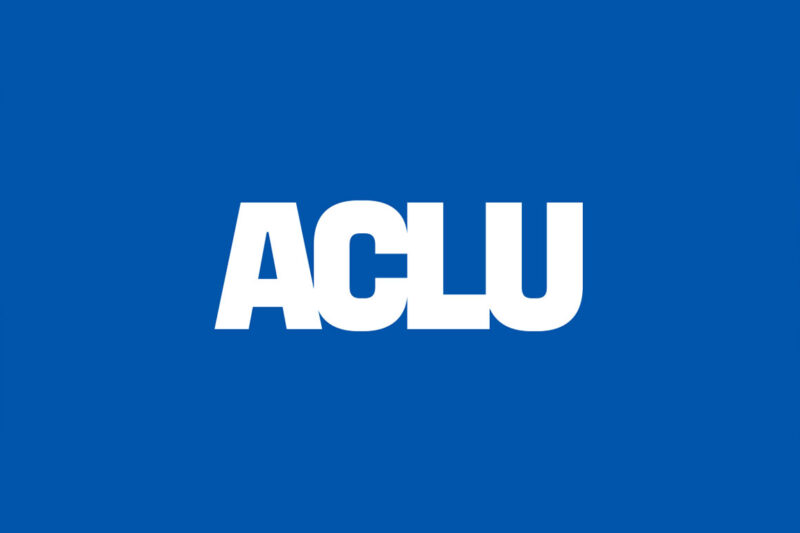
"Elena," mother of three U.S. citizen children, told of how she repeatedly invoked her right to remain silent about her immigration status and how as a result, was threatened with the same fate as a woman, who earlier this year, had her arm broken by MCSO officers trying to get her thumbprint on an official form. She told the commission about her brother-in-law, who was deported from the Florence detention center the weekend before she was arrested and that her husband was detained in Florence only one month earlier. In order to pay the $5,000 immigration bond to secure her husband's release, Elena and her children couldn't buy food. The same week she was arrested, the detention centers had a flu outbreak and the local ICE office stopped transfers to the facilities in Florence and Eloy. Elena looked at Commissioner Felipe González and said, “God was looking out for me. He sent the flu to the detention center so they couldn't send me there. So my children wouldn't have to suffer again.”
During another interview, "Samuel," a business owner who has lived in Phoenix for 20 years, called the interrogation by Maricopa County sheriff's deputies, “el martillo de abuso” or the “hammer of abuse”— referring to the repeated, insistent demands by deputies to answer questions about his immigration status. Samuel refused to answer, repeatedly asking to speak to his attorney. Once his attorney was on the phone, ICE agents asked her to talk Samuel into answering their questions—she refused their request.
Finally, "Marco" told the story of how he and his friends, all raised in Phoenix since early childhood, were arrested and issued immigration detainers after being pulled over for a minor traffic violation. Similar to the previous cases, ICE officers interrogated all of them, taking turns threatening, harassing and intimidating them. Marco and his friends repeatedly asked to speak to an attorney and refused to answer questions about their immigration status. Eventually, ICE officers discovered that Marco had been detained in Eloy a year earlier and was in ongoing removal proceedings. They released him. Marco told the commission, “Do you know why I didn't tell them? I didn't want to leave my friends alone in there.”
There is much to be said about the anti-immigrant political climate in Arizona and the effect of discriminatory police practices on immigrant communities in the state. In fact, each of the persons interviewed by the commission stated that they no longer have confidence in local police—and justifiably so. There is also much to say about the due process violations raised during the Arizona meetings, but what has stuck with me above all else is the bravery and resilience of each person for asserting their rights, their willingness to share their personal stories and horrific experiences and for standing up for themselves, their families and communities in the face of abusive authority.
Listening to each of them during the meeting with the IACHR was a powerful reminder of what is at the core of the immigrants' rights movement— perseverance in protecting and preserving human rights and dignity.
Learn more about the ACLU of Arizona's work at www.acluaz.org.

